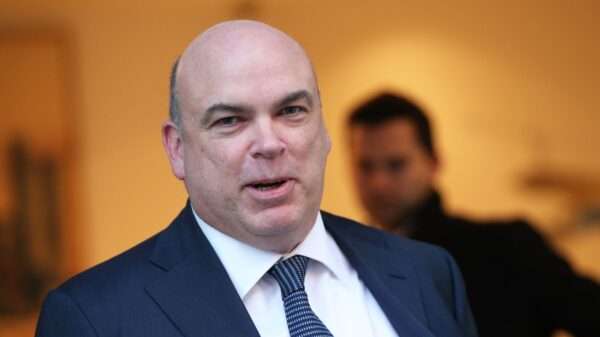Elon Musk’s social media platform, X, formerly known as Twitter, has plunged into a fierce legal battle, accusing multiple companies of unlawfully conspiring to boycott its advertising services. The lawsuit, filed recently, alleges that these firms’ collective actions have resulted in X missing out on “billions of dollars” in potential revenue, casting a spotlight on the high-stakes world of digital advertising and corporate influence.
The controversy centers on claims that certain companies and advertising agencies colluded to withdraw or withhold their advertising budgets from X, severely impacting the platform’s revenue streams. According to X, this boycott constitutes an illegal conspiracy designed to undermine its financial stability and market position. The lawsuit names several high-profile firms, though specifics of the accused companies and the nature of their alleged collusion have yet to be fully detailed in public documents.
Elon Musk, known for his bold and often contentious business strategies, has framed the lawsuit as a critical defense of X’s economic future. In a series of public statements, Musk has emphasized the detrimental impact of the alleged boycott, arguing that it not only affects the platform’s bottom line but also challenges the principles of fair competition and free speech. Musk’s ownership of X has been marked by significant changes and controversies, including a rebranding effort and shifts in content moderation policies, which have both attracted and repelled advertisers.
The broader implications of this legal battle extend beyond X itself, touching on the dynamics of the digital advertising industry and the power wielded by major corporations in shaping online discourse. Advertising revenue is a lifeblood for social media platforms, funding operations, innovations, and the user experience. A coordinated withdrawal by major advertisers can send shockwaves through a company’s financials, leading to layoffs, reduced services, and other cost-cutting measures.
X’s lawsuit could set a precedent for how such disputes are handled in the future. If the platform succeeds in proving that an illegal boycott occurred, it might embolden other companies facing similar challenges to pursue legal action. Conversely, if the case fails, it could signal to advertisers that collective action against a platform is a viable strategy, potentially reshaping the landscape of digital advertising power dynamics.
Critics of Musk’s move argue that the lawsuit may be a strategic attempt to deflect from X’s internal challenges and strategic missteps. Since Musk’s acquisition, X has experienced significant turbulence, including leadership changes, shifts in policy, and fluctuating user engagement. Some industry observers suggest that the advertising pullback may be more a reaction to these internal upheavals rather than a coordinated external attack.
On the other hand, supporters of the lawsuit contend that X is right to defend its business against what they perceive as unfair market manipulation. They argue that companies have the right to protect their interests and ensure a level playing field, free from the undue influence of powerful advertising conglomerates.
As the case unfolds, it is likely to draw significant attention from legal experts, industry analysts, and the public. The outcome could influence not only the future of X but also broader practices within the advertising industry and the strategies employed by social media platforms to secure and maintain revenue streams. In the meantime, Musk’s framing of the lawsuit as a form of economic warfare underscores the high stakes involved and the intense pressure on X to navigate this turbulent period successfully. The resolution of this conflict will likely be a landmark moment in the ongoing evolution of digital media and corporate influence.








































